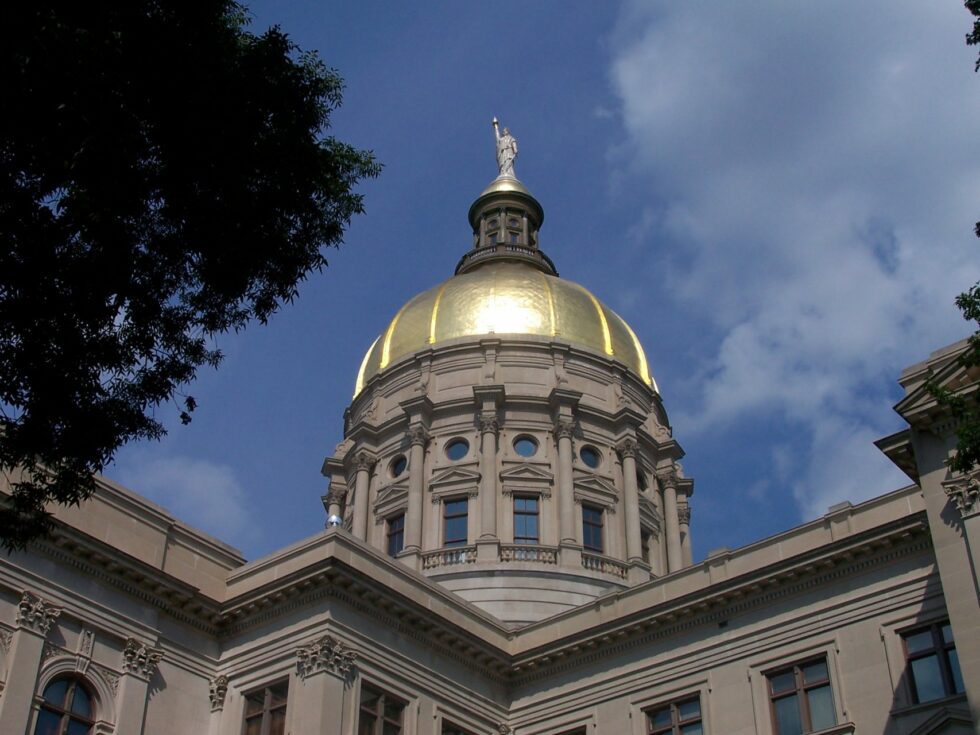
A bill to limit how local governments in Georgia can impose what energy sources their businesses, houses and other buildings can use faced debate in a state House committee on Monday.
Sponsored by state Rep. Bruce Williamson, R-Monroe, the bill would block city and county governments from prohibiting service connections to local houses and businesses “based upon the type or source of energy or fuel to be delivered.”
It is identical to a separate bill introduced Monday in the General Assembly’s other chamber by state Sen. John Kennedy, R-Macon.
Monday’s debate in a House Energy, Utilities and Telecommunications subcommittee set up a battle between city, county and state leaders over what building-code rules local officials can pursue to reduce harmful future climate change caused by fossil fuels like oil and natural gas.
Supporters say the bill’s legal protections would block local city and county governments from demanding what energy sources local communities can use for their homes and businesses, particularly benefitting farmers who are now struggling to adapt in a changing fuel-consumption market.
“We do not support the government’s picking winners and losers,” said Alex Bradford, the state affairs coordinator with the Georgia Farm Bureau. “This legislation would give some continuity of fairness across the state in ensuring the availability of affordable and reliable energy for our farmers and agriculture.”
Opponents argue the bill would strip local governments like Atlanta, Athens and Savannah of their ability to honor pledges they’ve made recently on curbing carbon emissions to offset the anticipated destructive future impacts of global warming.
“This bill … seems to anticipate Georgia turning into California,” said Jenette Gayer, director of the nonprofit Environment Georgia.
“I’d urge the committee … to let our communities move forward with crafting a new and exciting energy future in our own very unique Georgia way that many of us probably can’t even imagine today.”
Representatives from several local governments also joined Monday’s committee hearing to voice their opposition to potential attempts by state lawmakers to interfere in the affairs of local authorities.
“This measure begins with a dirty word, especially for a place like Savannah: ‘Prohibition,’” said Nick Palumbo, a Savannah alderman. “Let’s keep the market open to allow cities … the option to choose.”
Williamson, the bill’s sponsor, said it would “put the brakes” on local governments from blocking energy sources to free up consumer choice for fuel consumption and possibly lower prices for fuels like natural gas.
“This measure would give Georgians a resilient path for low energy pricing,” Williamson said. “It gives Georgia consumers freedom of choice … as energy sources are kept low by the competitive forces at work.”
State Rep. Chuck Martin, R-Alpharetta, who chairs the subcommittee, said the bill will likely get a vote later this week before potentially moving to the full committee and the House floor.